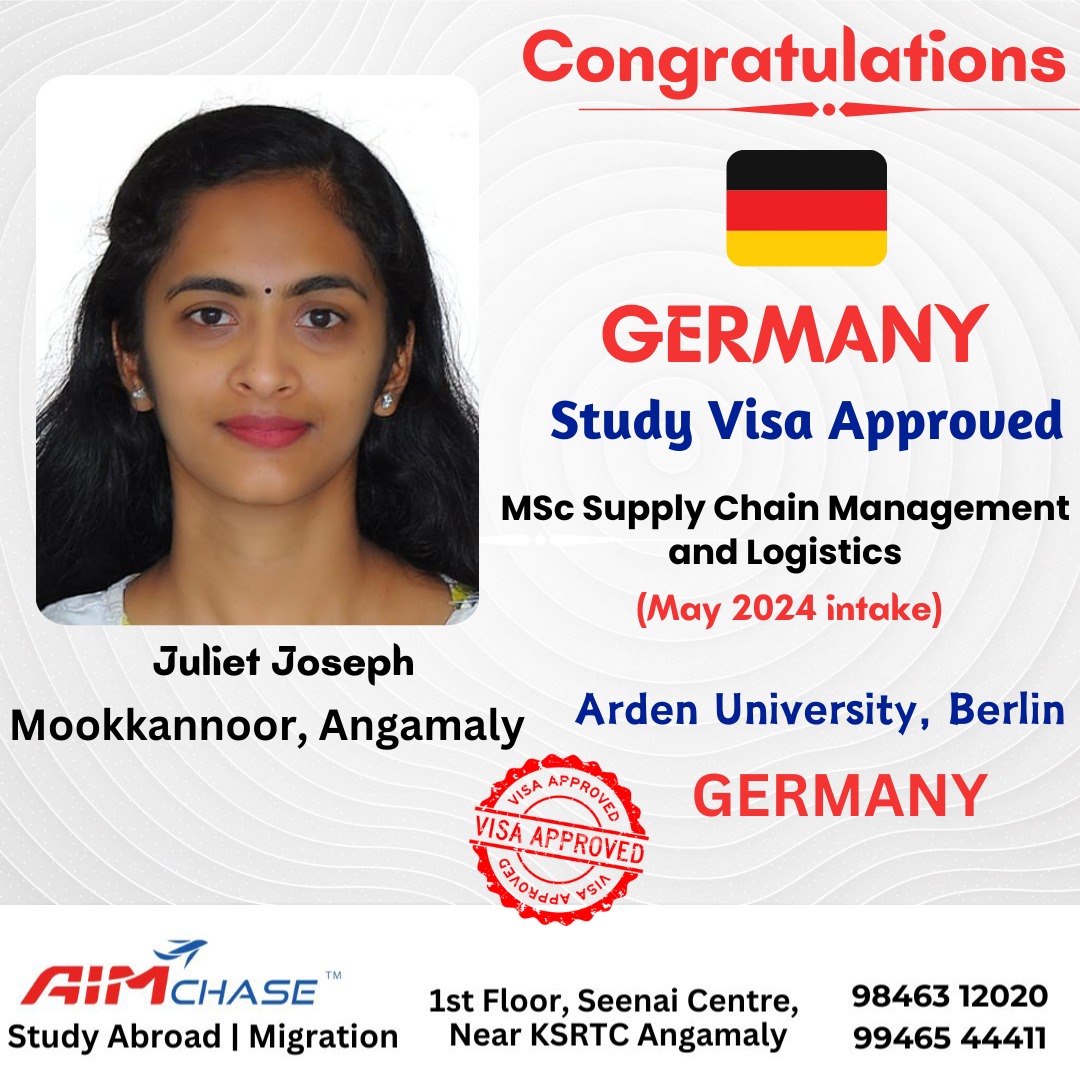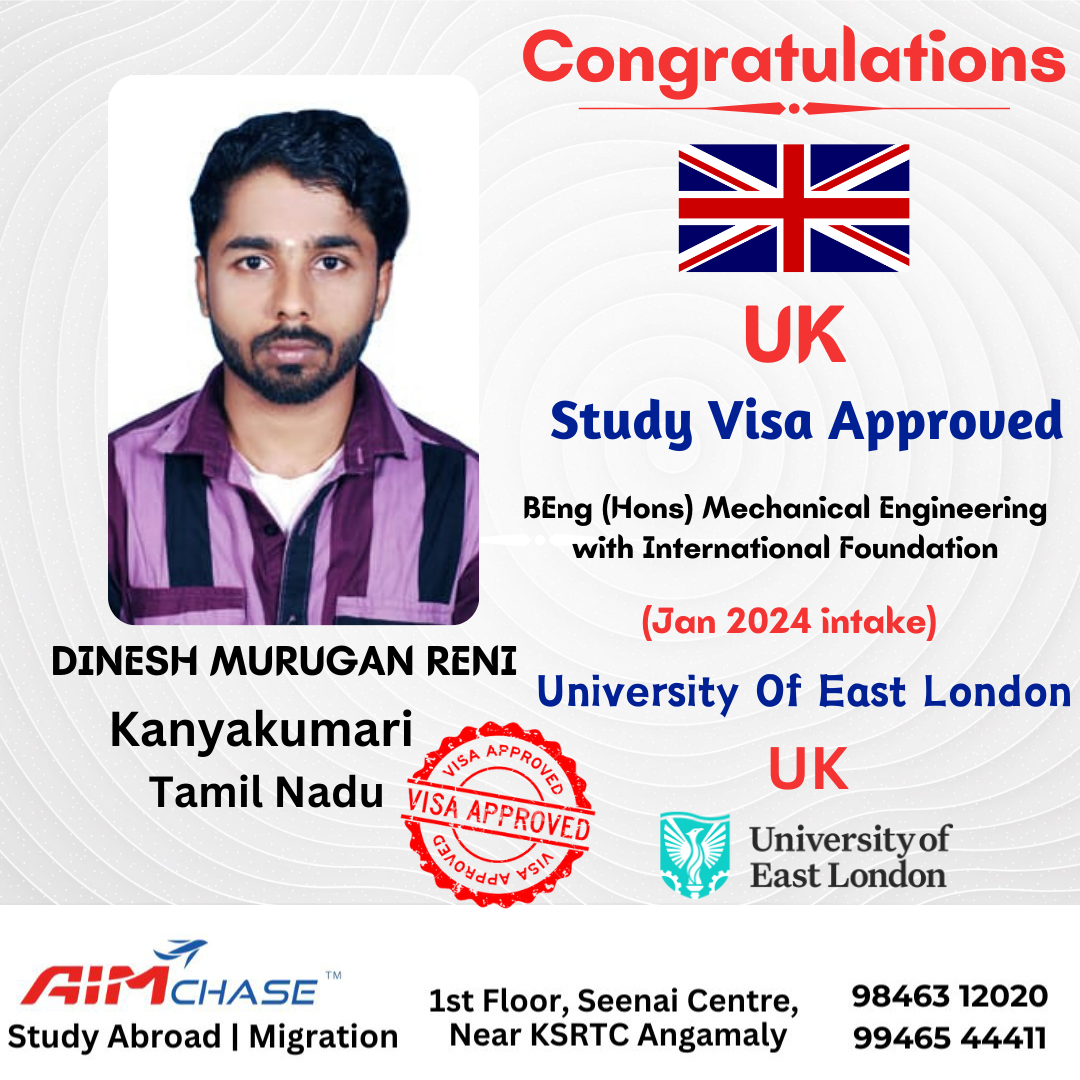 Canada
Canada
Study in Canada is a prominent choice for international students looking to study abroad because of its dedication to offering a first-rate education, a varied and welcoming community, and an outstanding standard of living. Canada, which is well-known for having top-notch universities and colleges, provides students from many cultural backgrounds with a secure and friendly environment that helps them feel like they belong.
Canada is a very popular choice for overseas students seeking an extensive array of academic programs and experiences. Canada’s laws and activities demonstrate a dedication to establishing a good and inclusive atmosphere, and the country is well-known for being incredibly friendly to international students Canada. Aim chase is the best Canada study consultants in Kochi.
Canada, situated in North America, is the world’s second-largest country by land area.
Canada's education system is well-regarded for its high standards, diversity, and emphasis on research and innovation. The Canadian education system is divided into levels, each with its own set of institutions and certificates. The Canadian educational system is internationally renowned for its dedication to excellence,
diversity, and innovation.
Canada provides a diverse range of qualifications at various educational levels.Qualifications are provided by various institutions such as universities, colleges, and technical and vocational schools. Here is a summary of the main qualifications available in Canada:
Certificate
1. Certificates: Short-term programs that focus on a particular skill or topic of study.
Bachelor's Degrees:
1. Bachelor's Degree (B.A., B.Sc., etc.): A four-year curriculum following high school that provides a thorough education in a certain discipline.
2. UG Diplomas: A standard diploma program requires you to study for two years (four semesters).
3. Advanced UG diploma: program involves three years of study (six
semesters).
Postgraduate Studies:
1. Master's Degree (M.A., M.Sc., etc.): A two-year program that requires the completion of a bachelor's degree.
2. PG Diploma: Postgraduate diplomas are often offered after completing a bachelor's degree.
3. Doctoral Degree (Ph.D.): Comprehensive research programs that follow a master's degree and typically take many years to finish.
Professional Qualifications:
1. Professional degrees (for example, M.D., J.D.): Specialized degrees in
disciplines such as medicine or law, which may necessitate additional years of study beyond a bachelor's degree.
Language Courses:
1. English as a Second Language (ESL) Programs: Designed to help non-native speakers enhance their English language skills.
2. French Language Programs: Programs designed to help non-French
speakers enhance their French skills.
English language ability is a must for international students who want to study in Canada. English proficiency guarantees that students can engage effectively in lectures, understand course content, and communicate in academic and social settings. The IELTS (International English Language Testing System) and the TOEFL (Test of English as a Foreign Language) are the two language competency examinations accepted by Canadian institutions.
Canada accepts several language proficiency tests as proof of English language proficiency for international students. The most commonly accepted tests include:
In Canada, the phrase "intake" primarily refers to the times when academic sessions begin and students can enroll in programs at universities and colleges. In Canada, there are primarily two intake methods:
Canada, a symbol of educational achievement and cultural variety, is home to a profusion of institutions that are recognized on a global scale for their academic prowess and creative programs. Students are drawn to these top Canada universities for international student to pursuit of knowledge and career aspirations, each offering a unique blend of academic rigor, research opportunities, and a vibrant campus life. Please find the top University in Canada
Canada student Visa attracts students from all over the world because of its high- quality education system and diversified opportunities. The country's dedication to excellence in a variety of sectors is evident in the popularity of specific courses that stand out for their relevance and demand in the labor market.
On-Campus Work:
The Post Study Work Permit Canada allows you to return to Canada after studying with a work permit for up to three years, depending on the length of the course.
























